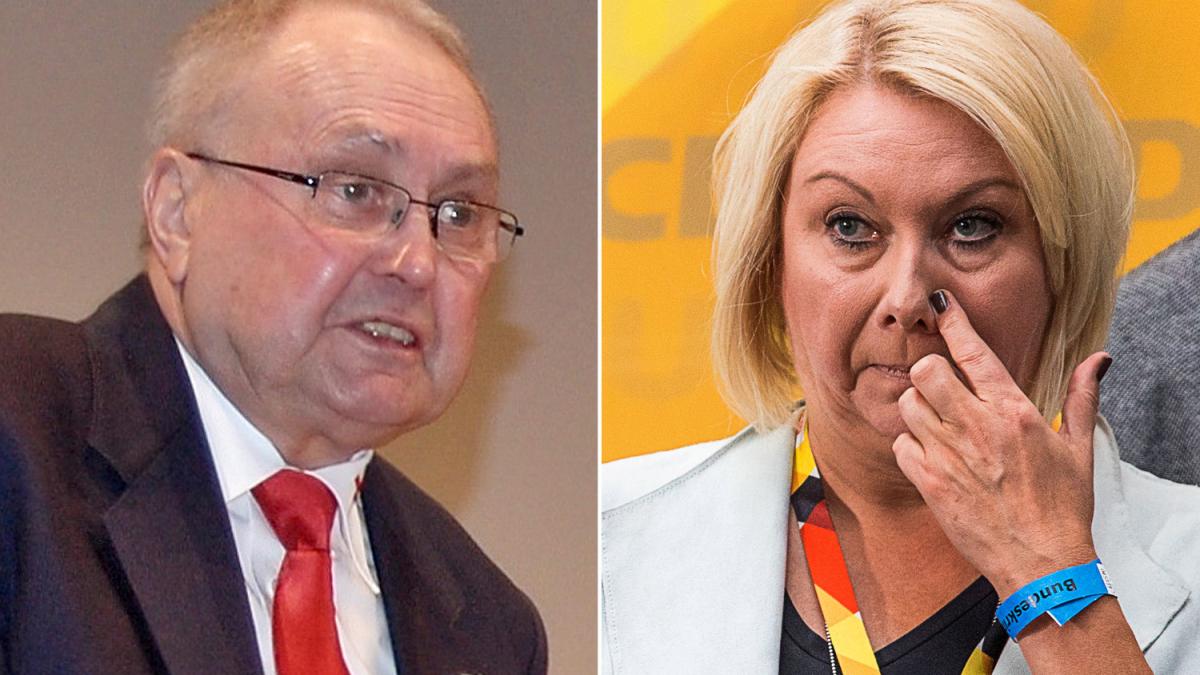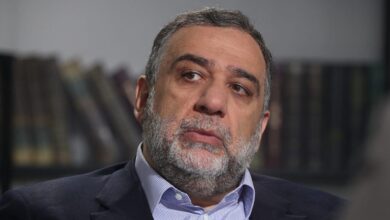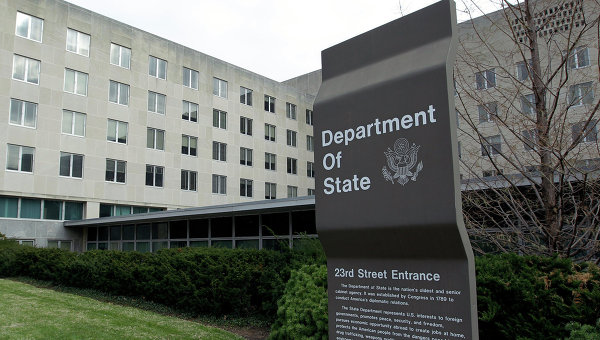
The anti-corruption organisation Transparency Deutschland has welcomed the investigation by the public prosecutor’s office in Frankfurt am Main into corruption allegations against Karin Strenz and Eduard Lintner.
In March 2019, Transparency Germany filed criminal complaints against these current and former members of Bundestag for bribery and corruption of public officials in the course of the Azerbaijani Laundromat scandal, in accordance with Section 108e of the Criminal Code. The Rostock public prosecutor decided in May 2019 not to launch an investigation.
Hartmut Bäumer, Chairman of Transparency Germany said: “It is time that the wrongdoing by Karin Strenz and Eduard Lintner is finally also prosecuted, after their right to access the Council of Europe was withdrawn for life. We are pleased that the Frankfurt public prosecutor’s office assesses the situation differently than the Rostock public prosecutor’s office.”
In September 2017, it became public that the authoritarian regime of Azerbaijan created a network in which 2.5 billion Euros flowed through banks and shell companies, with bribes paid to political decision-makers across Europe. Karin Strenz is said to have received money from Azerbaijani sources as a member of the Parliamentary Assembly of the Council of Europe (PACE) – officially in the form of consultancy contracts with Eduard Lintner’s company.
During her time at PACE, she participated in election observation missions in Azerbaijan, led a delegation tour of German MPs and was involved in PACE votes on politics in the country, in most of which she held a pro-Azerbaijan position.
The Frankfurt prosecutor accuses Karin Strenz of “pro-Azerbaijani” behaviour and collection of at least 22,000 Euros in bribes. Former PACE member Eduard Lintner is accused of having received funds from Azerbaijan in the amount of around 4 million Euros through British shell companies between 2008 and 2016, in order to pass them on to members of PACE. In return, they are said to have expressed positive opinions about the Azerbaijani government and deliberately spoken out against the release of political prisoners.
At the end of August 2019, Eduard Lintner referred to Transparency Germany’s criminal complaint as a “PR comedy”. The public prosecutor’s office in Rostock justified its decision not to initiate an investigation on the grounds that there were neither indications of an agreement according to Section 108e of the Criminal Code, nor an offence that meets the requirement of occuring “when exercising the mandate”. In addition, payments from third parties for past actions are not captured by the Section.
“Obviously, there are different opinions among the public prosecutor’s offices about what Section 108e of the Criminal Code says about bribing officials. This procedure will show whether the law is too narrow and is therefore a toothless tiger in its current form,” said Bäumer.








